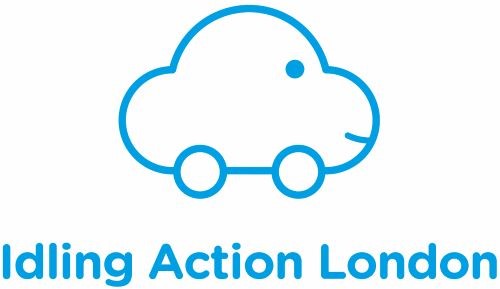Opinion
Why your business should act on engine idling
Air pollution in the UK, especially in urban areas, is a public health emergency. Invisible pollutants like nitrogen dioxide (NO2) and particulate matter (PM) are often associated with road traffic and are responsible for chronic health conditions of the heart, lungs and brain. Air pollution is a silent killer but with low-cost actions we can work to tackle emissions and safeguard public health.
Something as simple as avoiding engine idling can reduce spikes in pollution exposure. ‘Engines Off’ is an Idling Action campaign designed to help businesses take easy steps for cleaner air. Following relaunch of the campaign in August 2021, Idling Action London and partners have been sharing ‘Engines Off’ educational materials and policy guidance for businesses.

Jack Alexander, project officer, Idling Action London.
New research from the World Health Organization shows that outdoor air pollution is the largest environmental risk to health. Through our partnership with the British Safety Council, Idling Action is highlighting the consequences of occupational exposure. Polluted streets are a workplace for thousands of people, as highlighted by the British Safety Council’s Time to Breathe campaign, which is calling on the government and employers to protect outdoor workers from the health risks posed by air pollution. For drivers and other outdoor workers this means exposure to harmful levels of air pollution is part of daily life.
No one should be made ill through their work. It is the responsibility of businesses as well as government to act.
It pays to address emissions. Engine idling is against the law, so in addition to wasting fuel it also risks incurring costs from fines. Businesses can help to save money and protect worker and public health by encouraging all drivers to avoid engine idling.
Marston Holdings, one of the first signatories to the ‘Engines Off’ pledge, has used telematics data to show significant savings on their fleet operations overall. By driving improvements through their telematics fleet efficiency dashboard, this has helped reduce their engine idling by 13.3 per cent; their overall carbon dioxide (CO2) emissions by 16 per cent; and increased their vehicle miles per gallon by 12.7 per cent. In addition, by utilising their EV transition tool they are able to identify ICE (internal combustion engine) vehicles that can be replaced with EVs (electric vehicles). To date, 14 per cent of their fleet is either LEV (low emission vehicle) or EV.
Heightened public awareness of air quality issues means greater consumer pressure on businesses to act for cleaner air. As well as hundreds of complaints received through the Idling Action website, residents also make frequent complaints to their local councils about engine idling committed by commercial or company drivers, often naming businesses directly. Idling clearly reflects poorly on businesses, but taking an ‘Engines Off’ pledge demonstrates a commitment to public health that might help you attract more work.
Your business can take immediate action at zero cost with Idling Action resources including an educational YouTube video for professional drivers. Another fantastic way for employers to engage with air quality and safeguard the health of employees is the British Safety Council’s Canairy app. This free mobile app is designed to help employers reduce pollution exposure for a healthy workforce and a healthier business.
This call to action has already been answered by a range of regional and national businesses.

Idling Action is excited to announce a collaboration with Socotec, a national testing, inspection and certification company. Socotec recently joined the campaign and will be working with Idling Action to implement company-wide anti-idling actions in an effort to protect the health of employees and other workers in the industries that they serve, and commit to the ‘Engines Off’ pledge.
Idling Action promotional and campaign materials can be found here.
More on the Time to Breathe campaign here.
Jack Alexander is Project officer at Idling Action London.
OPINION

How to create a neuroinclusive workplace
By John Robinson, Schofield Sweeney on 09 December 2025
The modern workplace is a diverse environment. Most workforces will be made up of individuals representing the majority of the groups protected under the Equality Act 2010.

Don’t lose autism in the neurodiversity wave – why targeted reform is essential
By Rt Hon Sir Robert Buckland KBE KC on 03 December 2025
Autistic adults have waited too long for meaningful reform. They have shared their experiences and expertise. Now they deserve action, accountability, and transformation.

Inclusion saves lives: embedding equality, diversity and inclusion (EDI) into global occupational safety and health
By Umer Changaiz, CMIOSH on 03 December 2025



